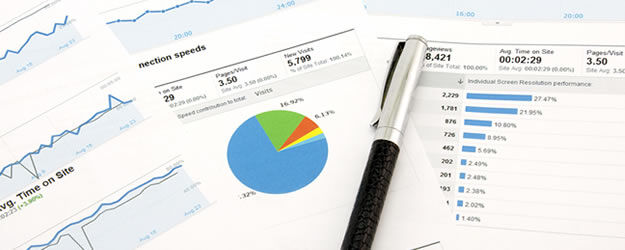On-Page Optimisation & Off-Page Optimisation
If you’re new to the SEO game, it can sometimes feel as if you’re being inundated with jargon. “On-page” and “off-page” optimisation are just the kind of terms that you’re probably dreading, but understanding what they mean can help you plough on with your SEO research and get the most out of your reading. So what do these terms mean? And how can you make use of both forms of optimisation to promote your cause? Let’s take a look.
On-Page Optimisation
On-page optimisation refers to all of the SEO tactics that you can deploy on your website pages – pages that you’d like to see rise through the search engine rankings. It occurs wholly within your website.
Title Optimisation. Title optimisation is one of the most important aspects of on-page optimisation, thanks to the weight that it holds both to users and search engines. You need a great title for your page so that visitors can instantly recognise what it has to offer them and whether they should click through.
Meta Tag Optimisation. If you’ve ever typed a search into Google (who hasn’t?) and then looked at the description under the page title on the results page, then you’ve read a meta tag. The meta tag tells both users and search engines what the page contains so that they can determine if it is useful to them. It’s a kind of supplement to the title, providing extra information.
Outbound Links. Outbound links are hyperlinks that link to pages on external websites. Creating outbound links does not generate better search result performance in and of itself, but optimised outbound links can create “meaning and value” as Google puts it, helping to improve overall page performance. In short, outbound links should contain anchor text that makes sense.
Off-Page Optimisation
Off-page optimisation refers to all of the things that affect the ranking of your pages that lie outside the boundaries of your website or website code.
Link Building. Link building is one of the cornerstones of off-page optimisation. Link building is where you engage in active efforts to encourage external websites to link to your own. You can pay agencies to do this for you using their existing website network, or you can do it yourself by reaching out to relevant websites and asking for linked features.
Social Media Marketing. Social media marketing involves efforts to generate revenue using social media platforms, like Facebook, Instagram and Twitter. Links from social media don’t count for much in today’s modern search algorithms, but social channels can be a great way to drive traffic to your website. Google and other search engines have started rewarding website pages linked to social pages with high user engagement (meaning lots of comments).
Getting off-page optimisation right is vital for several reasons. In many respects, it is more potent than on-page optimisation over the long-term, although both must work in synergy to achieve useful results.
So what have we learned? We’ve learned that the main difference between on-page and off-page optimisation is where the optimisation occurs: within the website itself for on-page, and off it for off-page. As Alexander Meerkat would say, “Simples.”





